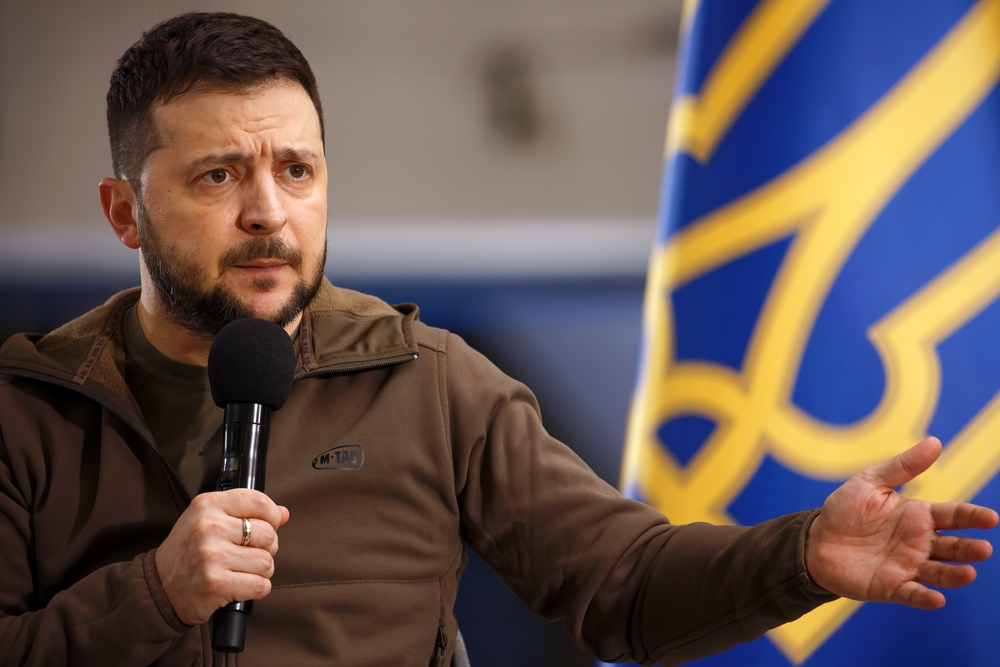“He is no longer capable of making any real decisions for Ukraine on his own,” the senator concluded.
Others are reading now
Ukrainian President Volodymyr Zelensky’s recent announcement of his willingness to enter into negotiations is a sign of his desperate situation, according to Vladimir Dzhabarov, Deputy Chairman of the Federation Council’s Committee on International Affairs.
According to Lenta Dzhabarov expressed this view in an interview with the radio station “Govorit Moskva.”
He suggested that Zelensky’s statement underscores the difficult position he finds himself in, needing to consider negotiations as a potential pathway forward amid ongoing challenges.
Indirect Negotiations Planned by Ukraine
At the end of June, Zelensky revealed that a plan for conflict resolution was in the works and would be ready by the end of the year. He clarified that this plan would involve indirect negotiations, facilitated through intermediaries rather than direct talks.
Also read
Dzhabarov voiced skepticism about the efficacy of such an approach, stating, “I honestly can’t imagine how to conduct such serious negotiations through intermediaries.”
He believes Zelensky is hoping to secure a stronger bargaining position through this strategy, despite its indirect nature.
Western Dependence and Domestic Criticism
Dzhabarov also emphasized that Ukraine’s leadership is heavily reliant on the West, and Zelensky’s rhetoric is aimed at maintaining his image and satisfying the United States and other Ukrainian allies.
“He is no longer capable of making any real decisions for Ukraine on his own,” concluded the senator.
This shift in Zelensky’s approach has been noted within Ukraine as well.
Former adviser to the head of the Ukrainian president’s office, Oleksiy Arestovych, pointed out that Kyiv no longer insists on continuing military actions to reclaim the 1991 borders.
Arestovych, who is listed as a terrorist and extremist by Russia’s financial monitoring service, questioned the sudden change in strategy, stating, “Now it suddenly turns out that we have significant losses and that we will now reconcile. How is that?”


